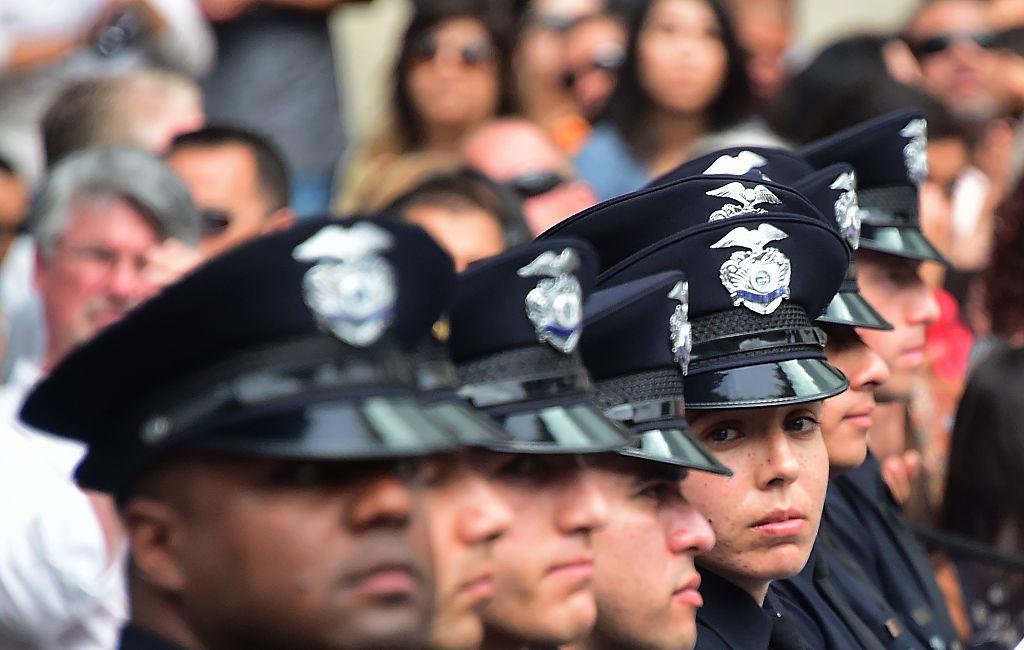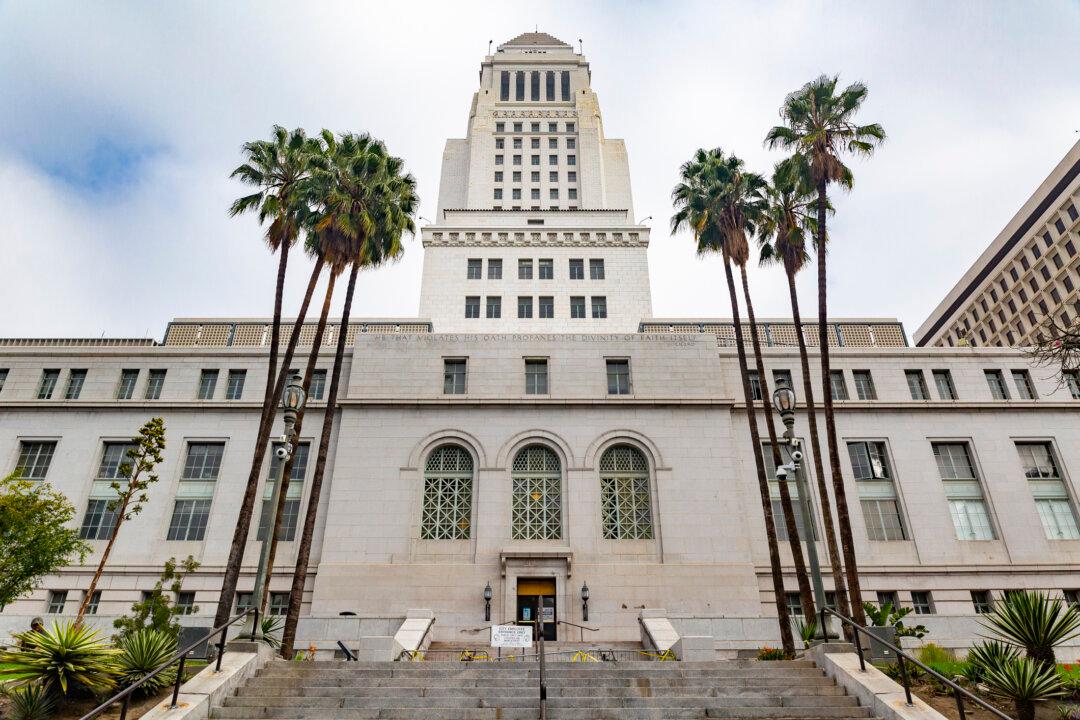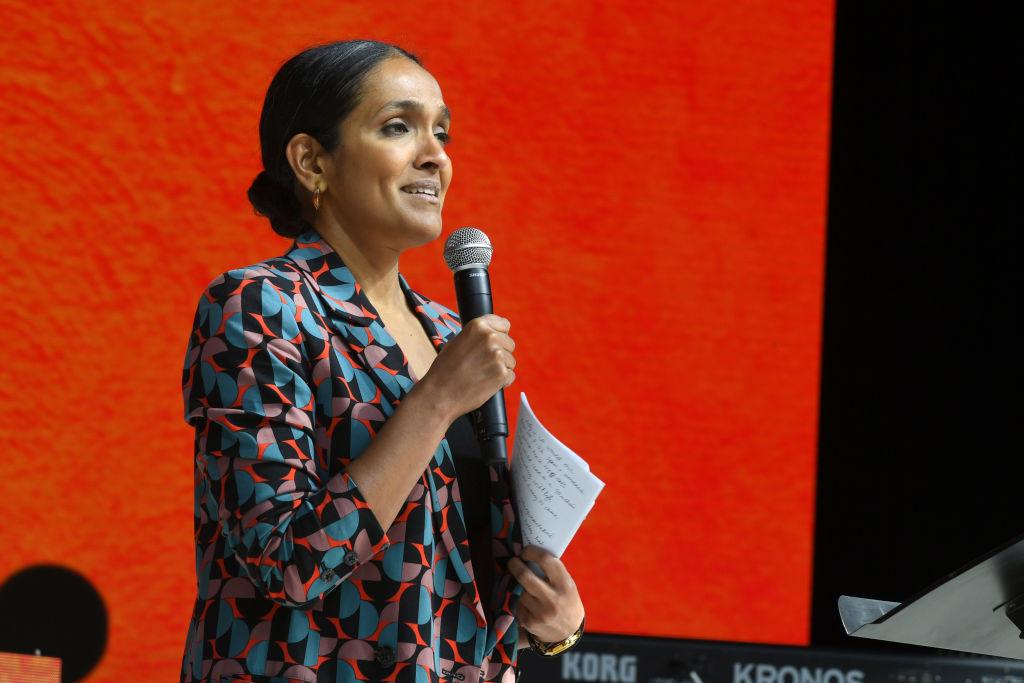Los Angeles Councilwoman Traci Park recently urged city departments to take measures to investigate and provide updated data on human trafficking among homeless youth, citing a 2016 Loyola University New Orleans study that found 10 percent of homeless youth in L.A. are involved in trafficking.
Park, who represents the city’s 11th District, from the west side of the city to the Pacific Ocean, campaigned on ending human trafficking during her candidacy last year.





